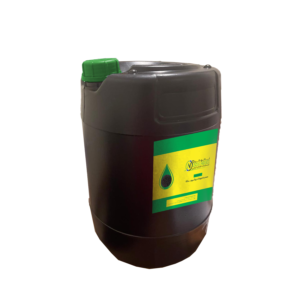Description
Seaweed offer multiple benefits in agriculture, playing a significant role in improving soil quality and increasing crop productivity. Here are some key advantages of using algae in farming:
- Improving soil fertility:
Algae contain essential nutrients such as nitrogen, phosphorus, and potassium, as well as trace elements like zinc and magnesium. When used as a natural fertilizer, algae help enhance soil fertility and increase its nutrient content. - Enhancing soil water retention:
Algae improve the soil’s ability to retain water, reducing the need for frequent irrigation and helping plants become more resistant to drought conditions. - Promoting root growth:
Using algae as a fertilizer or soil additive can boost root development, allowing plants to absorb more water and nutrients more efficiently. - Improving soil aeration and structure:
Algae contribute to better soil structure and increased aeration, which leads to healthier root growth and overall plant development. - Stimulating plant growth:
Algae contain natural plant hormones like cytokinins and auxins, which promote faster plant growth and increase crop yields. - Reducing the use of chemical pesticides:
Algae can strengthen plants’ immunity against diseases and pests, reducing the need for chemical pesticides. - Recycling nutrients:
Algae help recycle nutrients in the agricultural environment, promoting sustainable farming practices and reducing resource consumption. - Supporting organic farming:
Algae are an excellent option for organic agriculture, as they can be used as a natural fertilizer without harmful side effects on the environment or human health.
Using algae in agriculture helps achieve ecological balance and improves crop productivity in a sustainable and environmentally friendly way.




Reviews
There are no reviews yet.